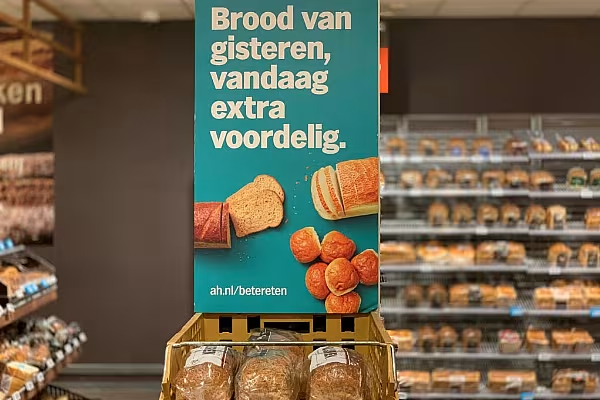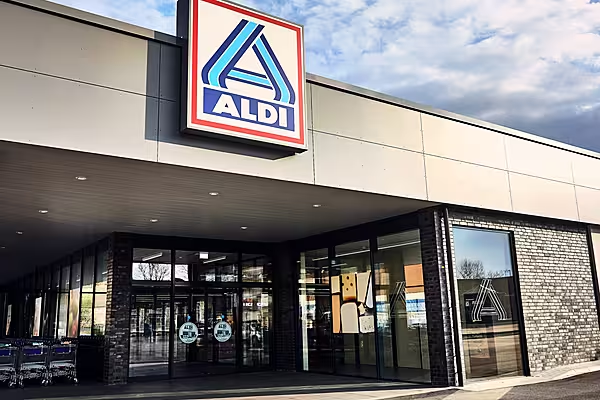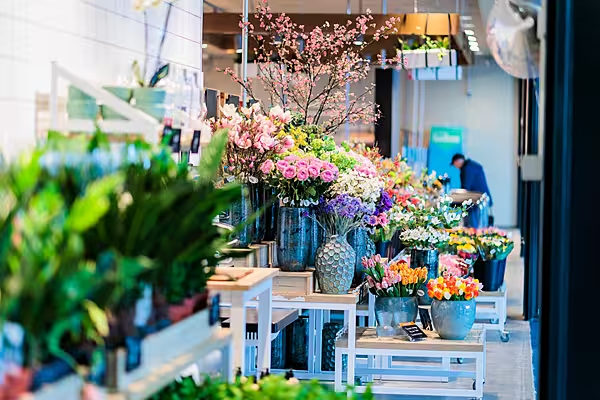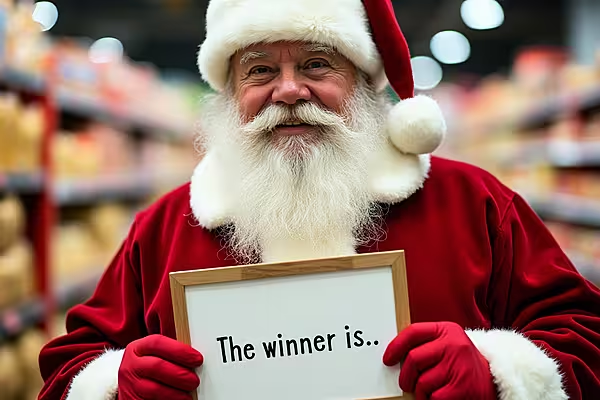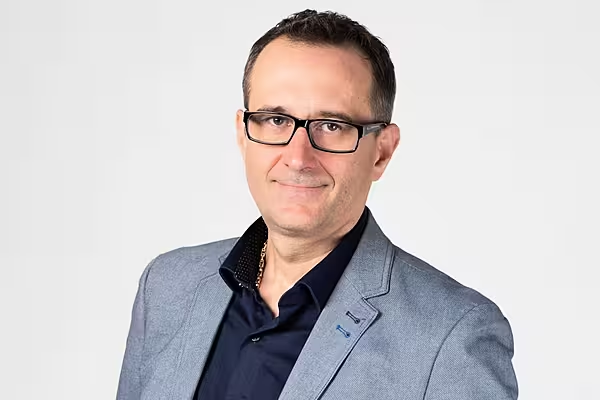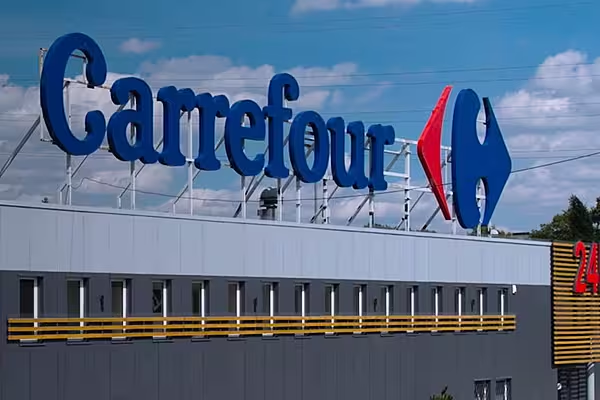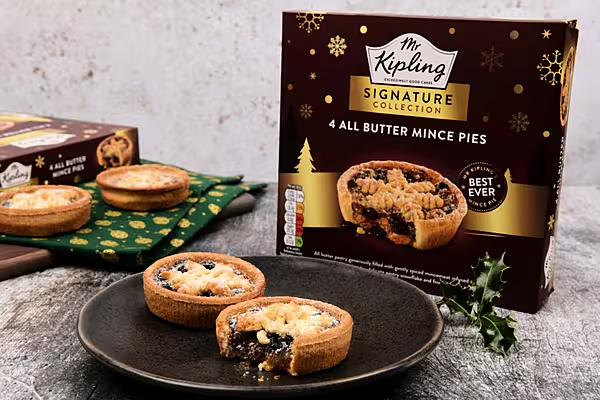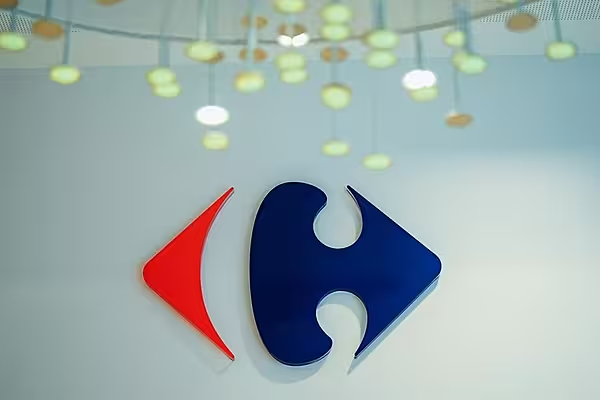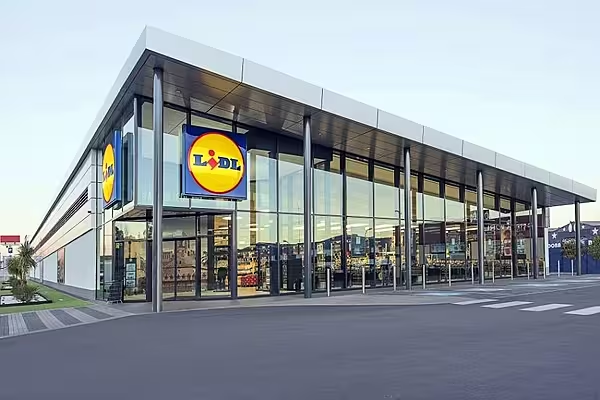Albert Heijn is taking another step to fight food waste by expanding its 'bread of yesterday' campaign to all stores.
As part of the scheme, unsold fresh bread at the retailers' stores is sold at a discounted price the next day until 11:00 hours.
The scheme, initially launched as a trial project in May of this year, is currently offered in 40 Albert Heijn stores.
Waste-Free Week
Bread is one of the most wasted products and is also the theme of the national Waste-Free Week in the Netherlands.
Albert Heijn will also introduce the 'Do not waste bag' and implement 'dynamic discounting' in more stores.
The 'Don't waste me bag' is available this week in 12 Albert Heijn stores in Capelle aan den IJssel, Groningen, The Hague, Hoofddorp, Hengelo, Assen, Amsterdam, Echt, Tilburg, Heemskerk, and Tiel.
For only €1, customers receive a reusable bag filled with fresh fruit and vegetables that are ripe or have a spot, but are still tasty.
The bag contains fruit and vegetables, such as apples, onions, mandarins, courgettes, and tomatoes, which are carefully collected every day by store employees.
If customers embrace the idea, Albert Heijn plans to offer these 'waste-me-not' bags in more stores.
Dynamic Discounting
Elsewhere, the retailer is also working on implementing 'dynamic discounting' to fight food waste.
Consumers are already familiar with the 35% discount sticker on products that are approaching the expiry date.
In the past year, Albert Heijn was the first supermarket in the Netherlands to test the digital alternative in more than 30 stores on meat and chicken SKUs.
With dynamic discounting, an algorithm developed by the retailer automatically calculates the best discount on food items approaching their 'best before' dates.
The algorithm takes into account, among other things, location, bonus offers, weather conditions, historical sales data, and stock in the store.
The exact discount, which can range from 25% to 40% to 70%, is automatically displayed on the electronic price tag.
The number of stores with dynamic discount rates will be expanded to about 130 stores this week – a move that will make more relevant data available to the application, making the algorithm smarter.
Food Waste Prevention Strategy
By 2030, Albert Heijn's plans to cut food waste by half and is working with the Together against Food Waste Foundation to achieve its target.
Food waste research by Wageningen University & Research (WUR) shows that relatively much bread is wasted.
About half of the bread remains unsold in supermarkets and the other half of the wastage takes place at consumers' homes.
In addition to the expansion of the 'Bread of Yesterday' initiative to all stores, Albert Heijn will place stickers on various bread during the Waste-free week with tips and recipes for using old bread.
Anita Scholte Op Reimer, responsible for quality and sustainability at Albert Heijn, said, "Food waste is a major challenge. Just over 1% of the products we purchase do not end up on our customer's plate. That may seem easy, but in our opinion it is too much.
"That is not only a waste of the food, but also of the time and energy invested in its production. That is why we want to waste as little food as possible ourselves. On the other hand, we naturally want to offer the customer a wide choice and have the shelves well stocked. That is why we have been working for years on various initiatives to reduce waste."
© 2021 European Supermarket Magazine. Article by Conor Farrelly. For more Retail news, click here. Click subscribe to sign up to ESM: European Supermarket Magazine.
